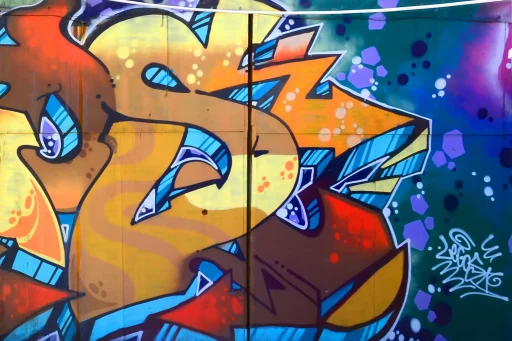Introduction to Pagan Slang
Pagan slang refers to the unique lexicon and terminology used within various pagan communities. As modern paganism continues to grow and diversify, so does its language, reflecting the beliefs, practices, and cultural nuances that are vital to followers.
Understanding Paganism
Paganism encompasses a range of spiritual and religious beliefs that are often nature-based and polytheistic. Major branches include Wicca, Druidry, Heathenry, and eclectic paganism, among others. Each of these traditions has its own set of terminologies that serve as both identifiers and expressions of shared experiences.
Why Pagan Slang Matters
- Community Building: Slang fosters connections among practitioners, creating a sense of belonging.
- Expression of Identity: Unique terminology allows pagans to distinguish themselves from mainstream religions.
- Cultural Preservation: Preserves ancient practices and knowledge within modern contexts.
Examples of Pagan Slang
Just like any subculture, paganism has its own set of terms that practitioners use regularly. Here are some examples:
- Godspouse: A person who considers themselves as having a romantic or intricate relationship with a deity.
- Coven: A group of witches who gather together to practice ritual and magic.
- Circle: Refers to the sacred space created during rituals, often represented by the physical form of a circle.
- Grounding: A practice where individuals connect to the Earth’s energy, often for centering oneself.
- Dedicant: A person who formally dedicates themselves to a path or practice within paganism, often during a rite.
Case Studies: The Evolution of Pagan Slang
As paganism has evolved, so too has its language. The spread of information through the internet has played a significant role in the dissemination of slang terms across various communities. For instance, platforms like Tumblr and Reddit have become hotspots for younger practitioners. This has led to the creation of new terms that reflect modern issues and lifestyles, such as:
- WitchTok: A term used to describe the community of witches on TikTok who share practices and spells.
- Chaos Magic: A modern form of magic that emphasizes adaptability and experimentation.
This evolution showcases how pagan slang can adapt to contemporary societal changes, making practices more relatable and accessible, particularly to younger generations.
Statistics on Pagan Communities and Language Use
According to a 2021 Pew Research study, approximately 1.5 million Americans identify as pagans. This number has shown significant growth over the past decade, indicating a resurgence in interest toward pagan spirituality. Research also indicates that around 30% of modern pagan practitioners are under the age of 30, highlighting the impact of social media in shaping their practices and language.
The Future of Pagan Slang
The future of pagan slang is promising as new generations adopt and adapt to existing practices. With the rapid advancement of technology and social media, it’s likely that the lexicon will continue to expand. The blending of traditional practices with modern expressions will foster a language that truly reflects the diverse nature of pagan communities.
Conclusion
Pagan slang serves as a powerful reflection of the beliefs, practices, and cultural connections among practitioners. As the community evolves, so does its language, embodying the traditions of the past while embracing the innovations of the future. Understanding and using pagan slang can foster a deeper connection among practitioners and promote a sense of belonging in a vibrant and diverse community.






